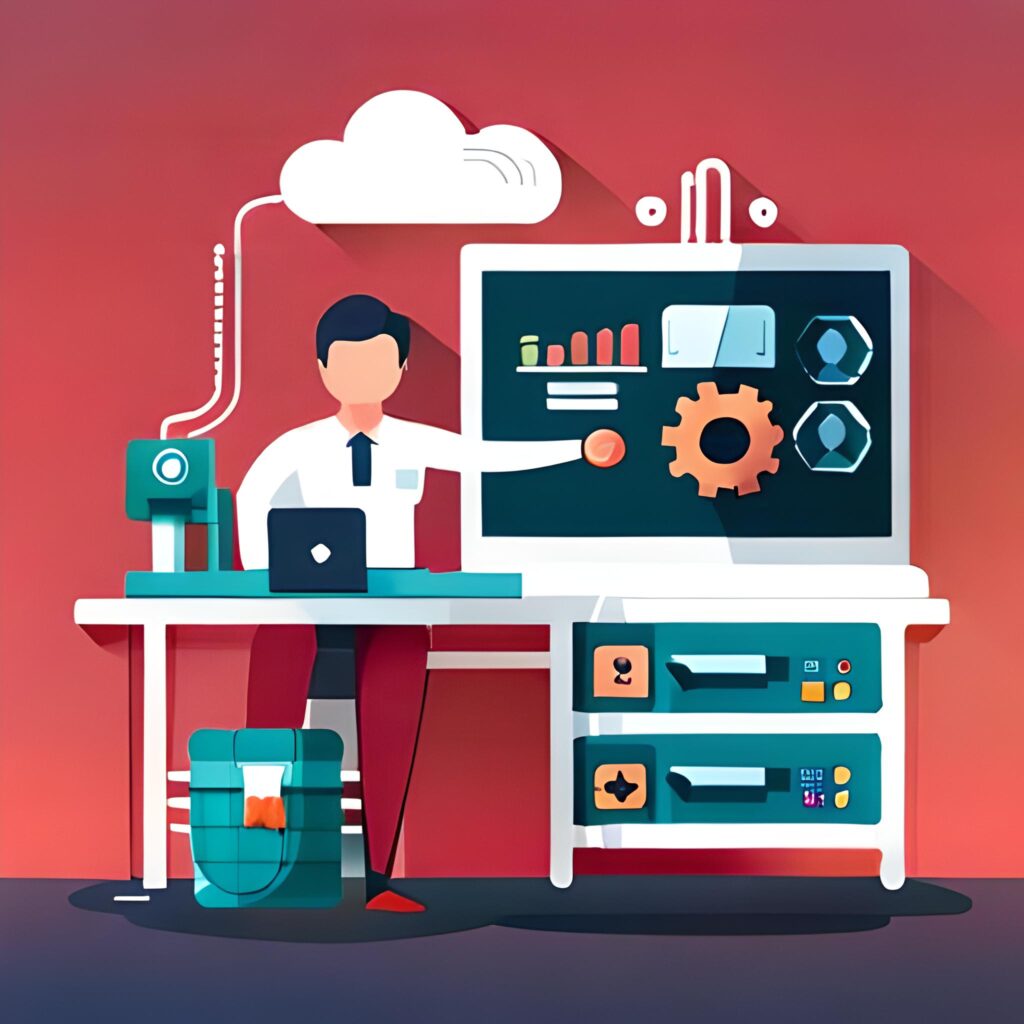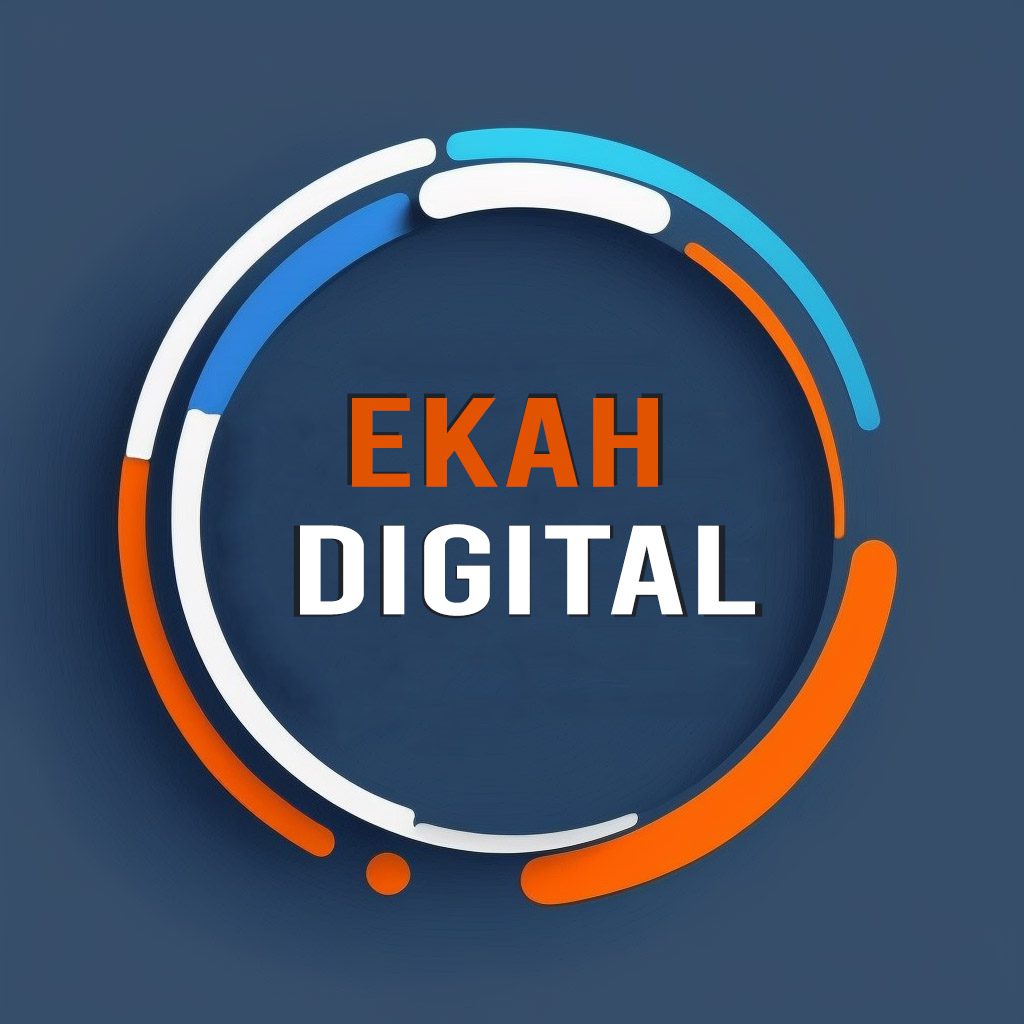Free Ai Tools

Free Ai Tools Artificial Intelligence (AI) has revolutionized various industries, enabling automation, optimization, and smarter decision-making. In this article, we will explore 20 free AI tools that can help individuals and businesses leverage the power of AI to enhance productivity and efficiency.
1. Introduction
Over the years, AI has evolved and paved the way for innovative tools that can perform tasks that once required human intelligence. Many of these AI tools are accessible to users for free, making them widely available and usable for various purposes. Certainly! In the realm of technological advancements, artificial intelligence (AI) has emerged as a game-changer, revolutionizing the way we live and work. At its core, AI simulates human intelligence in machines, enabling them to learn, reason, and make decisions like humans. This cutting-edge technology has found widespread applications across diverse industries, ranging from healthcare and finance to marketing and creative design.
2. What is Artificial Intelligence (AI)?
Artificial Intelligence, commonly known as AI, refers to the ability of machines to carry out tasks that would typically require human intelligence. This includes understanding natural language, recognizing patterns in data, making decisions, and learning from experience. AI tools leverage algorithms and data to perform tasks efficiently and accurately. AI tools play a pivotal role in enhancing productivity and efficiency for individuals and businesses alike. One of the key benefits of AI is its ability to process and analyze massive datasets at unprecedented speeds. By recognizing patterns and trends in data, AI tools can generate valuable insights that can aid in making data-driven decisions, optimizing processes, and identifying opportunities for growth.
3. Importance of AI Tools
AI tools play a crucial role in enhancing productivity and efficiency across different domains. They can process vast amounts of data in a short time, identify trends, and generate valuable insights.
4. Free AI Tools for Productivity
4.1 AI-Powered Virtual Assistants
AI-powered virtual assistants, such as Google Assistant and Amazon Alexa, can schedule appointments, set reminders, answer questions, and perform various tasks based on voice commands. In the realm of productivity, AI-powered virtual assistants have become an indispensable asset for many users. From setting reminders and managing schedules to answering queries and performing tasks based on voice commands, these virtual assistants have simplified daily routines.
4.2 Natural Language Processing (NLP) Tools
NLP tools like Open AI’s GPT-3 can process and understand human language, enabling applications like language translation, sentiment analysis, and content generation. Additionally, natural language processing (NLP) tools have enabled breakthroughs in language understanding and processing. With the help of NLP, applications such as language translation, sentiment analysis, and content generation have become more accurate and efficient.
4.3 Image Recognition and Processing Tools
AI tools like Microsoft Azure’s Computer Vision can analyze and interpret images, making them useful for applications like facial recognition and object detection.
4.4 AI-Driven Analytics
AI-driven analytics platforms, like IBM Watson Analytics, can analyze complex data sets and provide actionable insights for better decision-making.
4.5 AI-Powered Chatbots
Chatbots, like Chatfuel, leverage AI to interact with users, answer inquiries, and offer customer support, enhancing user experience on websites and social media platforms.
5. Free AI Tools for Creativity
5.1 AI-Generated Content Tools
AI-generated content tools, like Articoolo, can produce articles, blog posts, and product descriptions based on given keywords, saving time and effort for content creators.
5.2 AI-Enhanced Graphic Design Tools
AI-enhanced graphic design tools, like Adobe Sensei, can help designers by automating repetitive tasks and suggesting creative elements for designs.
5.3 Music and Audio Composition AI Tools
AI tools like Amper Music can compose original music tracks and soundscapes, catering to musicians, content creators, and filmmakers.
6. Free AI Tools for Data Analysis
6.1 AI-Driven Data Visualization Tools
Data analysis is another domain that has witnessed a transformational change with AI. AI-driven data visualization tools help to present complex data sets in visually appealing and easy-to-understand formats, making data analysis more accessible to a broader audience. Predictive analytics tools have the ability to analyze historical data and forecast future trends, providing valuable insights for informed decision-making.
6.2 Predictive Analytics Tools
Predictive analytics tools, like RapidMiner, can analyze historical data and predict future trends, aiding in data-driven decision-making.
6.3 AI-Generated Insights
AI-generated insights platforms, like Automated Insights, can analyze data and generate human-like narratives for reports and articles.
7. Free AI Tools for Marketing
7.1 AI-Optimized Content Marketing Tools
AI-optimized content marketing tools, like Market Muse, can assist in SEO strategies and content optimization to improve search engine rankings. In the marketing landscape, AI has played a crucial role in optimizing strategies and enhancing customer experiences. AI-optimized content marketing tools can assist in search engine optimization (SEO) strategies, increasing a website’s visibility and reach. Additionally, AI-driven social media management platforms offer functionalities such as post scheduling, audience engagement analysis, and content recommendations to improve social media marketing outcomes.
7.2 AI-Driven Social Media Management
AI-driven social media management platforms, like Hootsuite, can schedule posts, analyze audience engagement, and recommend content for social media marketing.
7.3 Personalization AI Tools for Marketing
Personalization AI tools, like Dynamic Yield, can tailor content and recommendations based on user behavior, increasing customer satisfaction and conversion rates.
8. Free AI Tools for Development
8.1 AI-Powered Code Review Tools
AI-powered code review tools, like DeepCode, can analyze code for bugs and suggest improvements, speeding up the development process.
8.2 AI-Based Test Automation
AI-based test automation tools, like Test.ai, can automatically test applications on various devices and platforms, ensuring software quality.
8.3 Natural Language Programming (NLP) Tools
NLP tools for programming, like Kite, can assist developers by providing code completion suggestions and documentation.
9. Ethical Considerations in Using AI Tools
While AI tools offer significant benefits, it is essential to consider ethical implications, such as data privacy, bias, and potential job displacement.
10. Conclusion
In conclusion, the landscape of free AI tools is continually evolving, offering an array of opportunities for individuals and businesses to leverage the power of AI. By intelligently incorporating these tools into their workflows, users can unlock unprecedented levels of productivity, creativity, and efficiency. Embracing AI in a responsible and ethical manner will undoubtedly shape a brighter future, where humans and machines coexist harmoniously to tackle the challenges of tomorrow.
Free Ai Tools
- TensorFlow: Developed by Google, TensorFlow is an open-source machine learning library that is widely used for various AI tasks, including image and speech recognition, natural language processing, and more.
- PyTorch: Another popular open-source deep learning framework, PyTorch is known for its user-friendly interface and is extensively used in research and production for tasks like computer vision and natural language understanding.
- Scikit-learn: This free machine learning library in Python provides various algorithms for classification, regression, clustering, and more, making it suitable for a wide range of AI projects.
- Microsoft Cognitive Toolkit (CNTK): Also known as CNTK, it’s an open-source deep learning framework developed by Microsoft. It is used for building deep neural networks and is known for its efficiency and scalability.
- Keras: Built on top of TensorFlow and Theano, Keras is a high-level neural networks API. It’s easy to use and excellent for rapid prototyping of AI models.
- OpenCV: The Open Source Computer Vision Library, or OpenCV, is used for computer vision tasks such as image and video processing, object detection, and facial recognition.
- spaCy: A popular natural language processing library in Python, spaCy offers tools for tokenization, named entity recognition, part-of-speech tagging, and more.
- Gensim: Gensim is a library for topic modeling and document similarity analysis, making it useful for tasks like text summarization and clustering.
- H2O.ai: H2O is an open-source AI platform that provides scalable machine learning and deep learning solutions. It’s suitable for large-scale data processing and predictive analytics.
- IBM Watson Studio: IBM Watson Studio is a cloud-based platform that offers various AI tools, including data preprocessing, model training, and deployment.
- Rasa: Rasa is an open-source conversational AI platform that enables the development of chatbots and virtual assistants with natural language understanding capabilities.
- Orange: It’s suitable for beginners and allows users to build AI models without writing code.
- DeepPavlov: Focused on conversational AI, DeepPavlov is an open-source library with pre-trained models for tasks like chatbot building, intent recognition, and question-answering.
- FastText: Developed by Facebook, FastText is an open-source library for efficient text classification and word embeddings.
- AllenNLP: AllenNLP is a natural language processing library built on top of PyTorch, designed for easy experimentation and development of NLP models.
FAQs
Yes, many free AI tools offer robust features and functionalities comparable to their paid counterparts. However, depending on specific requirements, some users might opt for premium versions.
- Can AI tools replace human creativity?
AI tools can augment human creativity by automating repetitive tasks and offering suggestions. However, true creativity and innovation still rely on human ingenuity.
- Are there AI tools for specialized industries like healthcare or finance?
Yes, there are AI tools designed specifically for various industries, such as healthcare diagnostics, financial forecasting, and personalized medicine.
